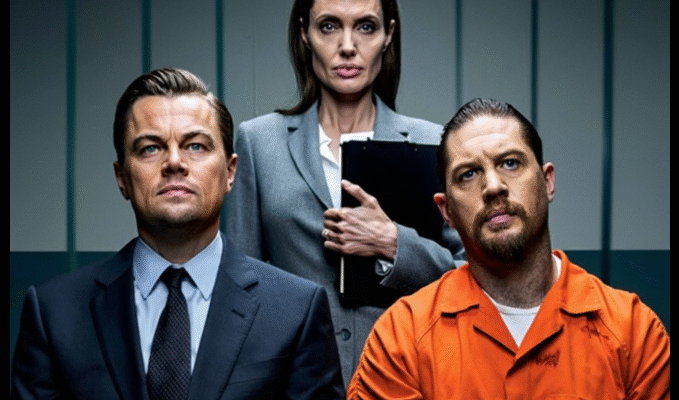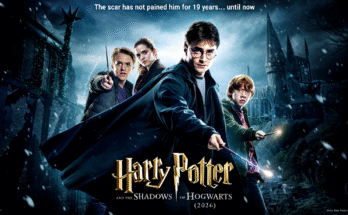The title alone—Mind Cage (2025)—suggests confinement not of the body, but of the psyche. And true to its promise, the film locks viewers inside a labyrinth of obsession, manipulation, and the razor-thin line between brilliance and insanity. This is not a story of physical prisons, but of the prisons we build within our own minds—and the monsters that thrive there.
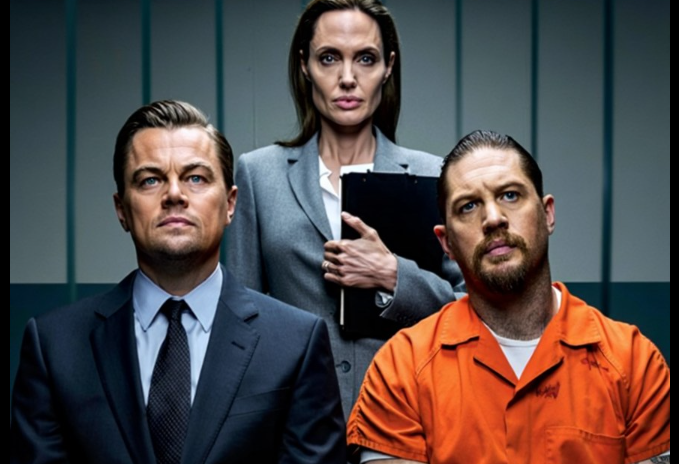
The opening frames set the mood with chilling precision. A stark interrogation room, a single flickering bulb, and a man whose silence carries more menace than a thousand screams. From the outset, the audience knows they are entering dangerous territory. The question is not whether he is guilty, but how deeply his crimes run—and whether the person across the table will make it out intact.
At the center of the film is a battle of wits. A young investigator, idealistic yet haunted by personal demons, is tasked with drawing out the secrets of a brilliant but deranged mind. Their exchanges are taut, filled with silences that weigh as heavily as words, with every glance and gesture threatening to tip the balance from control to chaos.
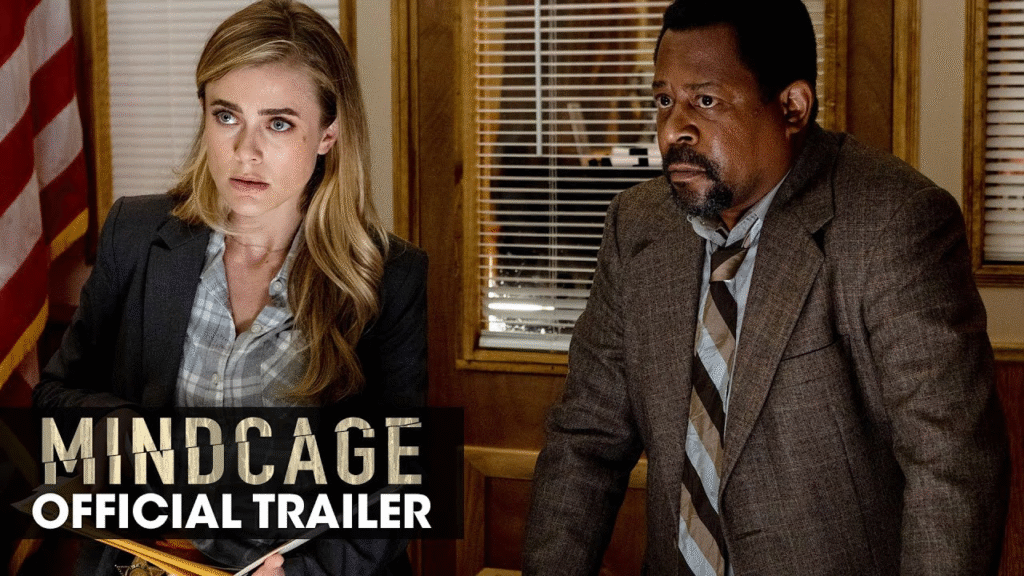
The antagonist is magnetic, terrifying not because of brute force but because of his intellect. His voice is soft, deliberate, and laced with unsettling truths that cut into the psyche of both his interrogator and the audience. He cages not just minds but morality, turning every conversation into a test of will.
Visually, Mind Cage thrives on minimalism. Stark shadows creep across sterile rooms; reflections in glass distort faces until they seem monstrous; corridors stretch endlessly, mirroring the claustrophobia of entrapment. The film understands that the scariest landscapes are often the ones inside our heads.
The pacing is deliberate, coiling tighter and tighter until every word feels like a weapon. Just when the audience believes they’ve untangled the mystery, the story reveals another layer—another truth hidden inside another lie. It is a narrative built like a puzzle box, each twist more suffocating than the last.
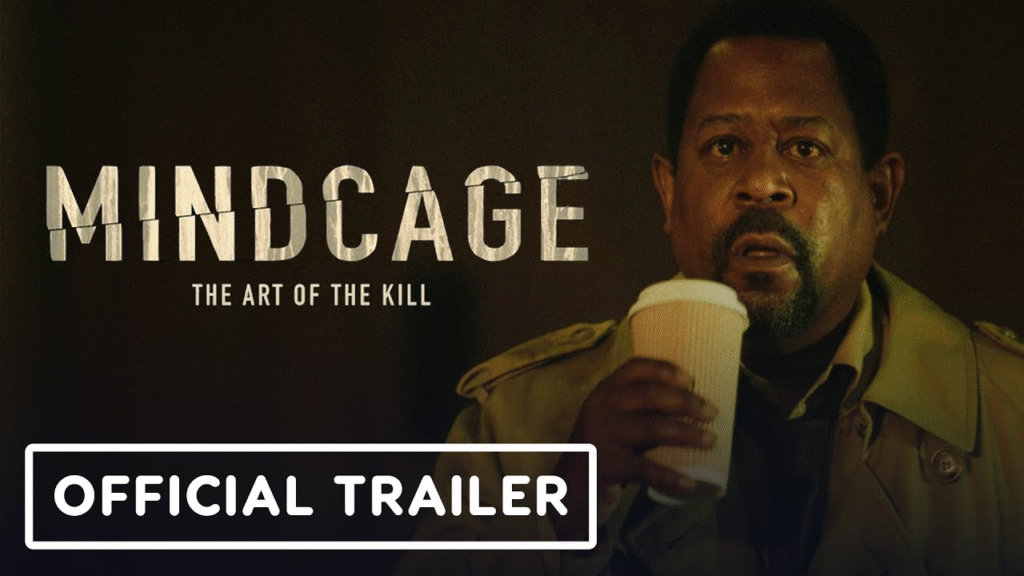
The score is hauntingly restrained. Low strings pulse like a heartbeat under interrogation scenes, while sharp piano notes strike like sudden realizations. At times, silence dominates, forcing the audience to confront the weight of unspoken truths.
Supporting characters widen the tension: colleagues who distrust the investigator, officials who want quick resolutions, and victims’ families who hover at the edges of the narrative like ghosts demanding justice. Each adds pressure, blurring the line between justice and vengeance, truth and manipulation.
Thematically, the film wrestles with morality itself. What does it mean to confront evil? Can we understand a monster without becoming complicit in his games? And when the cage is opened—whether physical or psychological—who is truly trapped: the criminal, or those who dare to face him?
By the climax, the audience is left breathless, their certainty shattered. The investigator’s descent into obsession mirrors the villain’s rise in power, until both seem caged together in a mirror of corruption and fear. The final twist lands not as spectacle but as inevitability—an outcome that feels both shocking and disturbingly earned.
Mind Cage (2025) is not comfort cinema. It is unsettling, cerebral, and designed to linger long after the credits fade. Like its title suggests, it locks the viewer inside and refuses to let them leave unscathed. It is a psychological thriller that doesn’t just entertain—it devours.
